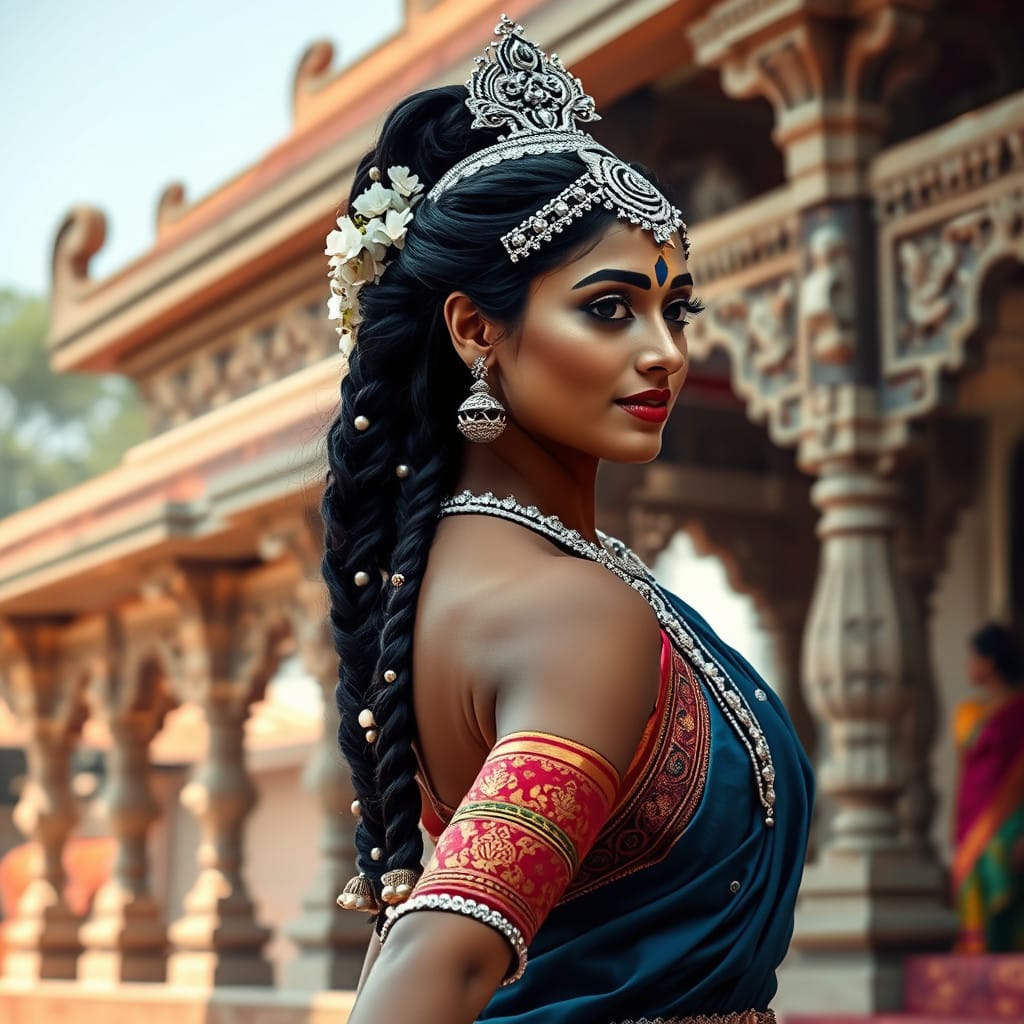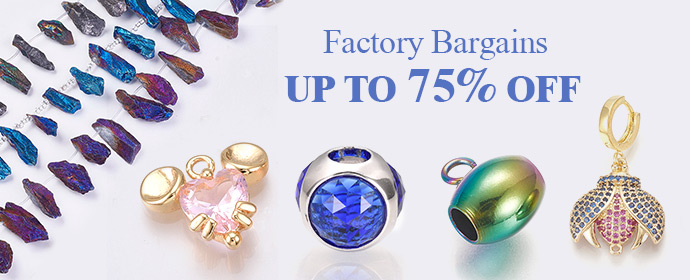Indian Classical Hair Designs: Timeless Elegance
Indian classical hair designs are a true reflection of the country’s rich cultural heritage and aesthetic sensibilities. These styles have been passed down from generation to generation, often carrying significant cultural, spiritual, and social symbolism. From ancient sculptures and paintings to modern-day weddings and festivals, these hairstyles continue to captivate with their elegance and artistry.
Historical Significance
The origins of Indian classical hair designs can be traced to the ancient civilizations of the Indus Valley and Vedic periods. Hairstyles did not just represent personal grooming but also reflected the status of a person, their community, and the occasion. Ancient texts, temple sculptures, and miniature paintings vividly describe women with elaborate braids, buns, and ornamented locks representing them as goddesses, queens, or commoners.
Popular Classical Hair Designs
The Traditional Bun (Juda):

The bun is the most iconic hairstyle in Indian classical traditions. It is often adorned with fresh flowers like jasmine, gold ornaments, or beads. It symbolizes grace and poise. It is a common hairstyle in classical dance forms such as Bharatanatyam and Kathak.
Braided Beauty (Choti):
Braids are an ancient part of Indian culture as they denote femininity as well as tradition. They are adorned with ribbons, pearls, or golden thread, and favored by brides and dancers when it is the three-strand classic braid.

Half-Up Half-Down Styles: These styles combine the elegance of pinned-up hair with the natural beauty flowing locks have. They are very often done with maang tikkas (which are forehead ornaments) along with hairpins.
Ornamental Hairdos

Hair ornaments form a very crucial part of Indian classical hairstyles. Maang tikkas, hair chains, flowers, and jeweled pins add beauty to the most mundane styles. South Indian brides adorn their braids with gold and floral decorations that are known as “jadai alankaram”.

Hair in Indian Classical Dance
Indian classical dances such as Bharatanatyam, Odissi, Kathak, and Kuchipudi pay much heed to hairstyles. These hairstyles have been designed not to glorify the dancer only, but also to emphasize and complement their elaborate attire as well as ornaments. For example:
Bharatanatyam performers’ hair is often styled as a central bun with flowers as well as temple jewelry on their heads.

Odissi performers wear braids adorned with crown-like patterns creating a divine look.

Present-Day Innovations
Traditional designs are very popular, though they have been adapted according to modern life. This fusion of classical elements into simpler yet more practical forms makes it suitable for the daily lives of people, as well as for special occasions. For example, a traditional braid is set with minimum hair accessories in place and the result would be chic with its traditional appeal.

Tips on Making Indian Classical Hairstyles

Use Natural Products: To achieve the sleek and polished look of classical styles, use natural oils and herbal treatments to maintain healthy hair.
Incorporate Accessories: Flowers, jewelry, and decorative pins are essential for recreating authentic styles.
Practice Makes Perfect: Many classical hairstyles require precision and patience. Regular practice ensures flawless execution.
Indian classical hair designs are more than hairstyles but are a pieces of art expressing the country’s richness and its eternal beauty. From the traditional dance performances, weddings, or just festival seasons, they never seem to fail in captivating everyone, crossing over boundaries from the olden times to modern life.
Recommend0 recommendationsPublished in apparel, Bridal, celebrity fashion, Hairstyles, Jewelry, Makeup, Our Fashion Passion, Uncategorized





